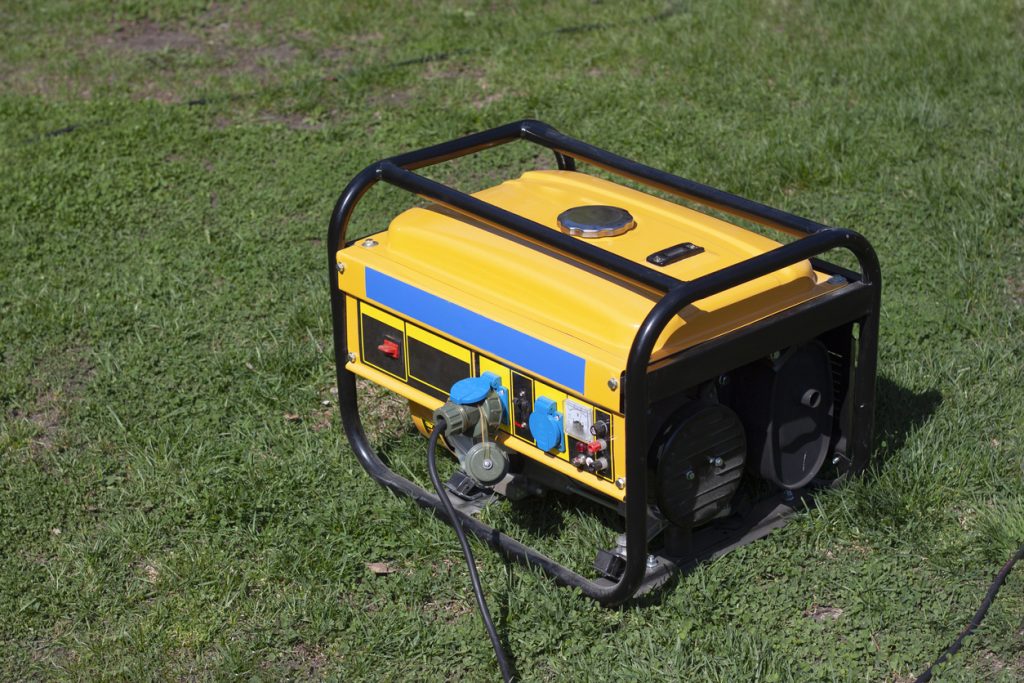An efficient generator can ensure safety and prevent food wastage in your home after an outage. Before choosing a generator, you should evaluate your options carefully. Here are four things to know before buying a generator.
Pros and Cons of Portable Generators
A portable generator is the most popular and cost-effective option for homeowners. When there is an outage, you can attach an extension cable to power appliances.
They are also easy to move when you need electrical power for another application. You may use the same portable generator when camping in the Santa Cruz trail camps.
Unfortunately, portable generators can be noisy. They are also not the best options when you need an uninterrupted power supply after an outage. Due to its limited fuel storage capacity, a portable generator will need refueling every few hours.
Avoid using a portable generator indoors or under any enclosure. Carbon dioxide poisoning accounts for thousands of emergency room visits every year. Consider installing CO sensors for the optimum safety of your home.
Pros and Cons of Standby Generators
A standby generator is the best option if you need to power all your appliances after an outage. Unlike its portable counterpart, a standby system can start automatically, even when you are away from home.
A standby generator can continue running for days since it is usually supplied by propane or a natural gas line. It can provide enough power for the fridge and your HVAC system. If you frequently experience outages in Santa Cruz County, a standby system can eliminate food waste in your home.
Consider the Generator’s Power Quality
A quality generator must provide a stable electrical current with minimal power fluctuations. Standard systems are designed to maintain a 60 hertz AC frequency. But some aftermarket generators do not always meet these minimum standards.
A substandard generator can ruin valuable appliances in your home. Make a point of reviewing the specifications for your generator, and choose generators from reputable brands. You can also install a whole-house surge protector to minimize the risk of damaging your electronics.
You May need a Transfer Switch and Subpanel Installation
If you choose to install a standby generator, you will need a transfer switch and a new subpanel. A transfer switch will automatically turn on the generator after an outage. It stops electricity from flowing back into your circuit breaker or the utility lines.
You will often have to rewire your existing electrical panel and install a subpanel. Always consult certified electricians for such upgrades to avoid electrical fires and electrocution hazards. An electrical engineer will also perform the necessary load calculations to ensure the generator meets your household’s needs.
When you detect a fault in your electrical system, address the issue as soon as possible. You can prevent hazards and equipment damage. You can call Fisher Electric for electrical panel upgrades and repairs in Santa Cruz.





